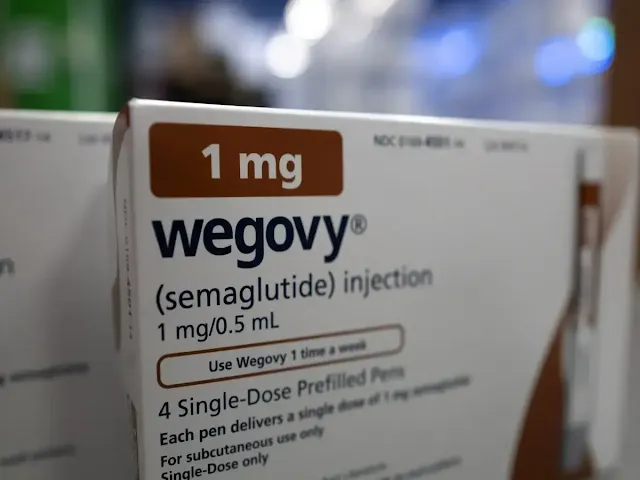Wegovy, a brand name for semaglutide, has garnered significant attention in the U.S. as an effective weight-loss drug. However, with high costs and limited availability, many are turning to alternative sources. Surprisingly, India’s gray market is emerging as a key supplier, offering the drug at less than 10% of U.S. prices. This situation, while beneficial for some consumers, poses complex challenges and consequences for public health, regulatory frameworks, and ethical considerations.
Now Let Us know the Background of Wegovy
Wegovy is an injectable medication approved by the FDA for chronic weight management in adults with obesity or overweight with at least one weight-related condition. It works by mimicking a hormone that targets areas of the brain involved in regulating appetite and food intake. However, its high price—around $1,300 per month in the U.S.—makes it inaccessible to many, prompting a search for cheaper alternatives.
The Gray Market in India
India's pharmaceutical industry is renowned for its capacity to produce generic drugs at lower costs. Although weight-loss drugs like Wegovy are not officially available in India, the gray market has filled this void. These markets operate outside the formal regulatory frameworks, selling both genuine and counterfeit products.
Reasons for the Price Disparity
Manufacturing costs in India are significantly lower compared to Western countries, contributing to cheaper drug production. The regulatory environment in India is less stringent than the U.S. FDA, reducing the barriers to market entry for pharmaceutical products. Additionally, patent laws in India are less rigorously enforced, allowing the production of generics that may infringe on patents held elsewhere.
Consequences for Consumers
For many, the lower prices make effective weight-loss treatment accessible, improving health outcomes for those unable to afford U.S. prices. However, the gray market is rife with risks, including counterfeit drugs and substandard manufacturing practices. Consumers may face serious health risks from unregulated products. Purchasing drugs from the gray market is often illegal, potentially leading to legal consequences for consumers.
Consequences for Regulators and Manufacturers
The existence of a thriving gray market undermines the authority of regulatory bodies like the FDA, highlighting the need for stricter international cooperation and enforcement. The sale of cheaper, potentially patent-infringing drugs in the gray market poses significant challenges to pharmaceutical companies’ intellectual property rights. The gray market can distort legitimate market dynamics, affecting pricing and availability in formal markets and potentially leading to a reevaluation of pricing strategies by manufacturers.
Ethical Considerations
The gray market brings to light ethical questions about access to life-improving medications. Should cost be a barrier to health? Consumers desperate for affordable medication are at risk of exploitation by unscrupulous sellers.
Policy Recommendations
Strengthening international regulatory collaboration is essential to combat the gray market and ensure drug safety and efficacy. Encouraging pharmaceutical companies to adopt more flexible pricing strategies can improve accessibility while maintaining profitability. Increasing public awareness campaigns about the risks associated with gray market drugs and promoting safer alternatives are also crucial steps.





